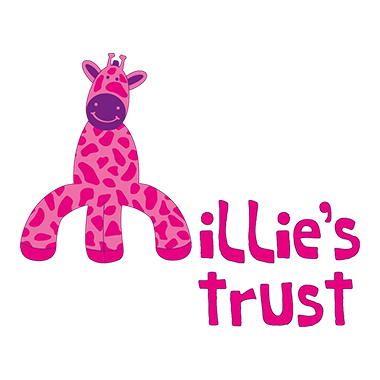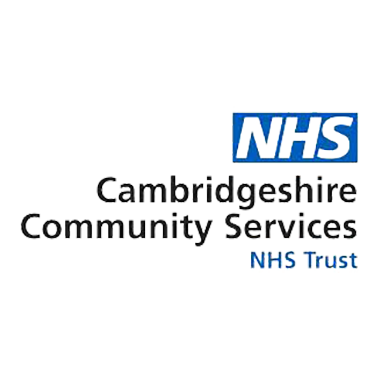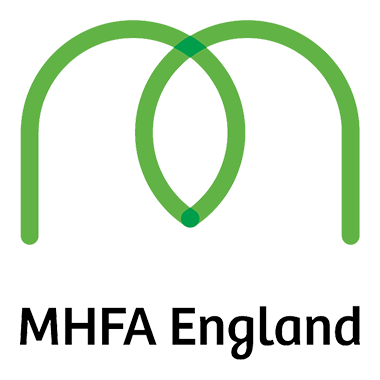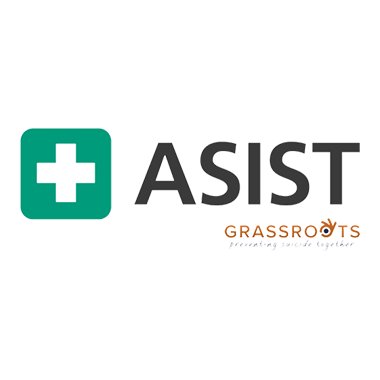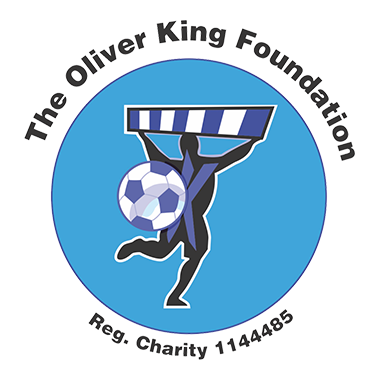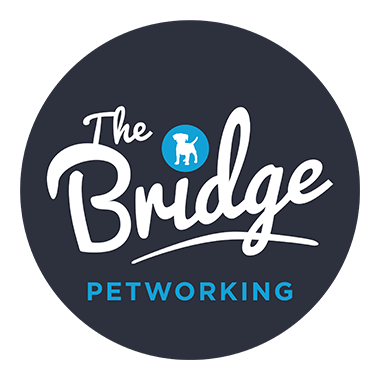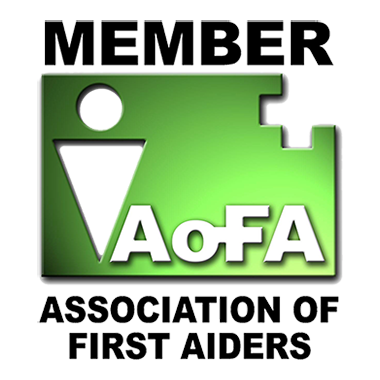Safeguarding Policy
Purpose of the policy
The Bridge First Aid Ltd is committed to ensuring the protection and welfare of all students, clients, volunteers and trainers who will all have an equal right to a safe environment in which to learn, teach and visit regardless of age, gender, ability, culture, socioeconomic status, race, language, religion or sexual identity.
Terms
For the purposes of this policy, and its enforcement, the following terms used are
defined as:
Safeguarding means protecting the health, wellbeing and human rights of children and adults at risk, enabling them to live safely, free from abuse and neglect.
The Bridge First Aid Ltd Safeguarding Policy the act of putting policies, procedures, training, and appropriate people in place to minimise the possibility of abuse and to deal appropriately with abuse if it occurs.
Child a child is anybody who has not yet reached the age of 18.
The Bridge First Aid Ltd Safer recruitment is a set of practices to help make sure trainers, staff and volunteers are suitable to work with children and young people. It’s a vital part of creating a safe and positive environment and making a commitment to keep children safe from harm.
Safer recruitment should be a continuing process of improvement for every school, club, business or organisation whose work or services involve contact with children. The Bridge First Aid Ltd Safer Recruitment Policy includes DBS (with update services), Checks against baring lists where there are under 18’s on site, public liability insurance, Pre employment due diligence checks (Training qualifications & references), and min level 2 safeguarding training within the past 3 years.
Adult at Risk – an adult at risk is defined as a person who is aged 18 years or over whom a ‘regulated activity’ relating to adults at risk (as set out in the Safeguarding of Vulnerable Groups Act 2006) is provided. Adults aged 18+ who may be in need of care services by reason of mental or other disability, age, or illness.
Abuse – abuse may be specific mistreatment or neglect of a child or adult at risk. Somebody may abuse a child or adult at risk by inflicting harm, or by failing to act to prevent harm. Children and adults at risk may be abused by an adult or adults, or by a child or children. Abuse and exploitation may result from single or multiple acts of sexual exploitation, physical abuse, emotional abuse, neglect, harm from bad practice or undue pressure that affects the child or adult at risks independence or personal development.
Radicalisation – the process by which a person comes to support terrorism and forms of extremism leading to terrorism.
Safeguarding
Reporting Procedures & Key Contacts:
J White – Role: Safeguarding lead and Director of services. Key staff involved in the escalation process.
N Perry – Role: Trainer (Including under 18’s) Safeguarding Lead on-site where applicable. Holds an Enhanced DBS and Level 3 Safeguarding children designated lead training certification.
E Taylor – Role: Trainer (Education and NHS services) Safeguarding Lead on-site where applicable. Holds an Enhanced DBS and Level 3 Safeguarding children designated lead training certification. Emma is also a registered Paediatric Nurse.
Making Safeguarding Referrals
Please call the Safeguarding Duty Messaging Service: 07880542663
When making a referral by calling the designated Safeguarding lead, please leave a message with your name, telephone number and a brief explanation of the reason for your call. The member on duty will be alerted to your message and will call you back to discuss your safeguarding referral, offering professional advice and support and together with you agree a plan to manage the next steps.
In a safeguarding emergency please contact the Police on 999
Out of hours: To report a safeguarding concern when the Office is closed, or when the Safeguarding Team Lead is unavailable, you can call the Safeguarding Duty Telephone Number: 07880542663, and leave a message.
Points of consideration:
It is everyone’s responsibility to safeguard children and young people. All organisations that work with or come into contact with children should have safeguarding policies and procedures to make sure that every child – regardless of their background or circumstance – is equally protected from harm. Everyone working and volunteering with children has a responsibility to keep children safe and should understand what they need to do, what to look out for and how to respond appropriately to concerns.
Legal Framework and Compliance
The Bridge First Aid Ltd follows the safer recruitment processes and ensures that supervision levels are appropriate.
Staff Training and Awareness
Child protection training minimum requirements. https://www.protrainings.uk/courses/90-safeguarding-of-children-child-protection-level-2-vtq?search_term=child+protection Safer recruitment as a continuing process. All trainers and representatives must have a DBS where working with children under 18. If a sub contractor does not have a DBS that is transferable, they must have completed a Safeguarding of Children (Child Protection) Level 2 (VTQ)
Confidentiality, Information Sharing, Record Keeping and Documentation
Inline with GDPR: The Bridge First Aid Ltd recognises The General Data Protection Regulation
(GDPR) (Regulation (EU) 2016/679) adopted 27 April 2016, the year transition period and the application date of 25 May 2018 and compliance with that directive.
Parental and Guardian Involvement
Parental consent is required for learners under 18 (Children) on public courses. Where a staff member is a child for Inhouse course deliveries, consent may be requested from their employee or line manager, college/school head.
Letter of Assurance
For individual settings, which may also be used by other members of the public, “a letter of Assurance” can be provided on request. A letter of assurance details the designated trainers position and scope of activity representing The Bridge First Aid Ltd. The letter also stipulates the trainers role, dates they will be onsite, level of training and DBS/Public liability/certifications also attached were applicable.
Policy Review and Updates
Last updated September 2024




